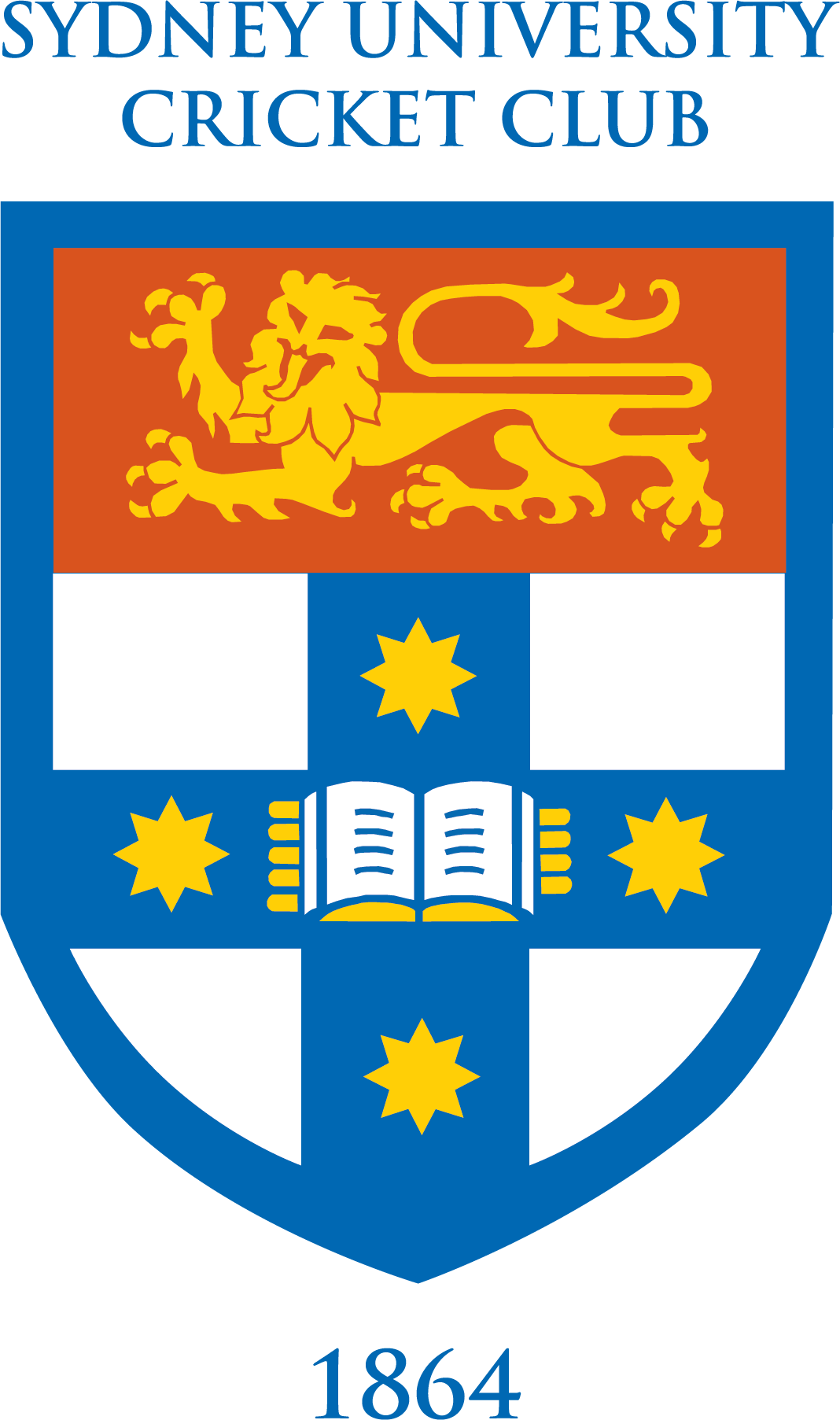The cricket historian, Warwick Franks, has written to me recently:
“You might be interested in the fact that a Pillars of Bathurst feature has been developed on the western bank of the Macquarie River - above flood height, thankfully. There are 80 names on 20 four-sided stone blocks which sit underneath a kind of wooden trellis structure. There was a process of nomination and committee selection of the names and my nomination of Walter Stack was successful. Unfortunately, his soldiering and doctoring took precedence over his cricket but, nevertheless he is there, a far-flung outpost of SUCC…
“Walter married Elinor Homes, daughter of a prominent Bathurst grazier, in 1930, when he was 46 and she was 22. They had one daughter, Mary, who was born c1935, and married Bruce Emmott, a grazier from Queensland, in 1961, and moved to his property which was about 150kms south-west of Longreach. After Walter's death, Elinor moved to Longreach (she was only in her early fifties) and lived with her daughter until her death in 1991. Mary must be close to 90 but is very sharp and aware and delights to hear of her father's cricketing exploits.”
Doctor Stack’s long life may be condensed to the following facts:
He was born in Sydney but his family returned to England when he was 14 and he was educated at Dulwich College, a classmate and friend of the renowned novelist, PG Wodehouse.
The Pillars of Bathurst
When Walter enrolled at Sydney University, residing at St Paul’s College, his family had returned to Australia once more and were living in Strathfield.
Walter initially played 2nd Grade for the Club in 1905-06 before promotion to 1st Grade. He changed courses to Medicine in 1908, took two years off study (1910 and 1912) to enable him to concentrate on his cricket and represented NSW in seven games (his father, George, had played two games for NSW in 1866), bowling his leg spinners with such guile that he took 24 wickets for NSW in seasons when he twice took 50 wickets in 1st grade. He played in three 1st Grade Premiership sides, was captain of one of them, took 269 wickets @18.9 in 1st Grade and finally graduated BMed in 1914.
He bowled from a short run and his calm, contemplative approach gave him significant advantage over impetuous batsmen. As was the custom at the time, he opened the bowling with a medium pacer at the other end. He was a batsman who was at his best in a crisis. In the 1905-06 Intervarsity match, his 9th wicket partnership with Eric McElhone produced 185 as Walter stroked his way to a stylish 116.
His form in 1st Grade grew increasingly irresistible and in one period of four seasons, he claimed 174 wickets. In the 1911-12 Final against Redfern, his 7 for 48 was decisive. In 1912-13, he routed Cumberland with 6 for 54 and followed this with 4 for 10 in the 2nd Innings as Cumberland capitulated, all out for 22.
Mid way through the 1914-15 season, Walter enlisted and in April 1915 sailed to Gallipoli as Medical Officer in 4 Battalion. He landed at Anzac Cove in July 1915. Twice he was Mentioned in Despatches for devotion to duty (at Lone Pine and at Pozieres in France) and was awarded the DSO with which he was invested by King George V in May 1919 at Buckingham Palace.
After he returned to Australia, Doctor Stack, who lived for another 52 years, qualified as an ophthalmic surgeon and married in February 1930. He continued to play cricket in Bathurst where he lived until his death.
His final representative game was in 1929 when Percy Chapman’s English team played the Western Districts of NSW in a two-day game in Bathurst. Walter, then aged 44, captained the local side and showed that his skill had not deserted him. He caught and bowled Jack Hobbs and had Maurice Leyland caught in the covers. He finished with 2 for 45 and took two sharp catches at 1st slip in MCC’s total of 319. Batting at number nine, he contributed 16 and 0 not out as the home side was well beaten.
As an undergraduate, Walter Stack was the Club’s Honorary Treasurer and 1st Grade Premiership captain. His 269 wickets were the most in 1st Grade for the Club until Peter James broke that record which had stood for over 60 years.
Doctor Stack was a NSW cricketer, a war hero, a skilful surgeon, a husband and father. Perhaps no one will ever repeat his rich mixture of varied experiences and virtues.
James Rodgers



